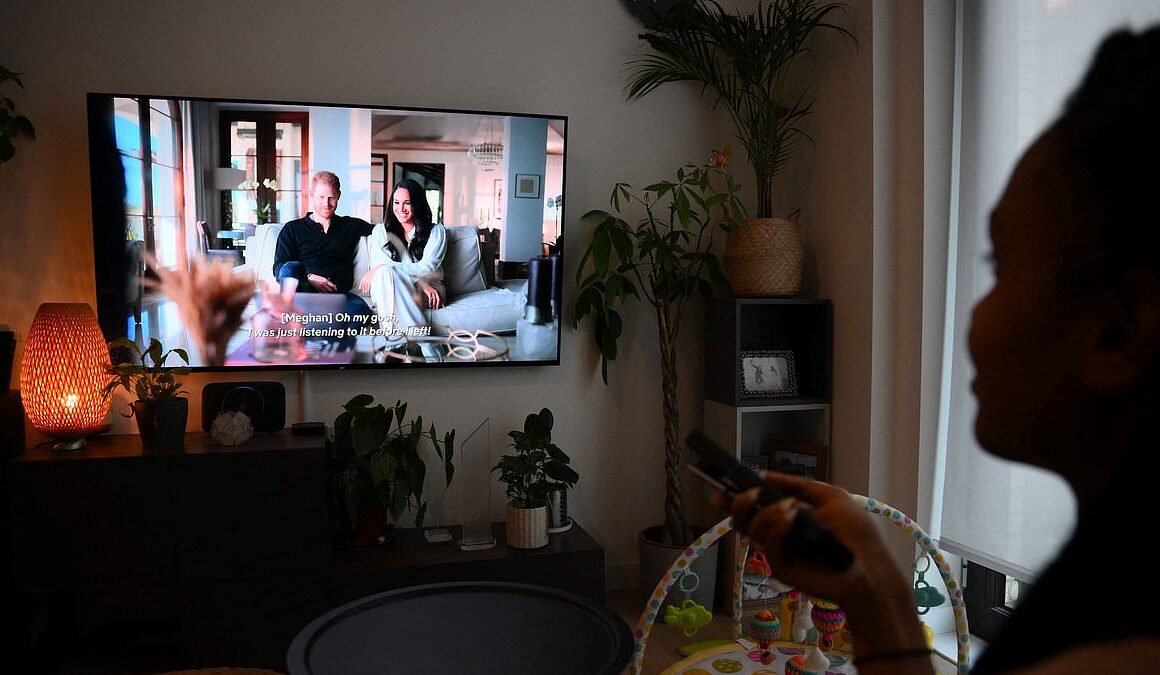An expectant mother was told by her boss to put a television in her bedroom so she would ‘have less sex and be less likely to be pregnant’, a tribunal heard.
Poppy Duggan, 31, who was pregnant with her third child at the time, was awarded £16,200 compensation after an employment judge found she had been subjected to a ‘campaign of discriminatory conduct’.
She faced ‘foul and abusive language’ from her bosses while working as a team leader at Kelly Traffic Management.
Two days after rejoining the firm in January 2019, following a previous two-year stint there, Ms Duggan told line managers Sarah Abbott and Daniel Abbott – a married couple – she was pregnant.
The Midlands West Employment Tribunal heard it was at this point that Mr Abbott suggested she put a TV in her bedroom.

File photo. Ms Duggan suffered a ‘campaign of discriminatory conduct’, the judge found

File photo. Ms Duggan was told to put a television in her room to ‘have less sex’
Later that month, when she told Mrs Abbott she intended to return to work after giving birth, Mrs Abbott said: ‘What with three kids, how is that going to work?’ After taking two days off work to rest on the advice of her midwife, Ms Duggan was ‘berated’ by Mr Abbott, with Mrs Abbott present, about errors in a report.
He ‘began screaming foul and abusive language at her’, the tribunal heard, and as she got up to leave, he is claimed to have shouted: ‘Go home then, I don’t want you here.’
Ms Duggan told the tribunal she was ‘deskilled’ over the next few months, with different aspects of her job given to other employees.
She made a complaint about the Abbotts and after a company probe Mr Abbott was issued with a six-month verbal warning for his ‘harassment’, the tribunal heard.
Ms Duggan resigned on the day her maternity leave was due to end in April 2023.
Her claim of pregnancy and maternity discrimination was upheld in part, but her claim of constructive unfair dismissal failed.
Ruling in Ms Duggan’s favour, the tribunal said pregnancy discrimination could attract higher awards as it was meant to be a ‘period of joy’.








